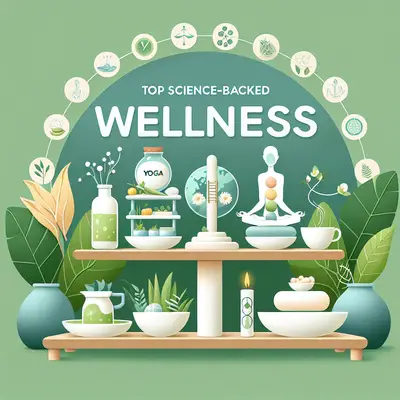1. Multivitamins
Once believed to be the ultimate health booster, multivitamins have been at the center of many debates. Contrary to popular belief, multivitamins are not a magic bullet for optimal health. They are designed to fill nutritional gaps, not replace a healthy diet. However, they can be beneficial for those with specific deficiencies, pregnant women, and the elderly. Always consult a healthcare professional before starting any supplement regimen.
2. Omega-3 Fatty Acids
Omega-3 fatty acids are often associated solely with heart health. While they do contribute to cardiovascular wellness, their benefits extend much further. Research has shown that omega-3s can support brain health, reduce inflammation, and even aid in managing mental health disorders like depression. But remember, balance is the key; too much omega-3 can cause side effects like bleeding and immune system suppression.
3. Probiotics
Probiotics are not all created equal. Different strains serve different purposes, and not everyone needs them. They are beneficial for people with gut health issues and after a course of antibiotics to replenish the gut microbiome. Yet, some individuals may experience bloating and discomfort. It's essential to choose a probiotic supplement tailored to your needs and to start with a lower dose to see how your body reacts.
4. Vitamin D
Often dubbed the "sunshine vitamin," Vitamin D is crucial for bone health and immune function. But it's a myth that only sun exposure can provide adequate amounts. Many people, especially those living in colder climates, need a supplement to maintain optimal levels. However, over-supplementation can lead to toxicity resulting in kidney damage and heart problems. Regular monitoring of vitamin D levels is advised.
5. CBD Oil
CBD oil has gained popularity for its potential to alleviate various ailments, from anxiety to chronic pain. But it's not a cure-all. Some research supports its use, but the FDA does not regulate CBD products for most conditions. Therefore, it's crucial to purchase from reputable brands and consult a healthcare provider for appropriate dosage and potential interactions with other medications.
Conclusion
In the world of wellness, it's vital to sift through the noise and understand the truth about supplements. While they can be beneficial, they are not substitutes for a healthy lifestyle. Always remember to consult a healthcare professional before starting any new supplement regimen. Your wellness journey is unique, and what works for others may not work for you. Stay informed, stay healthy, and above all, listen to your body.



